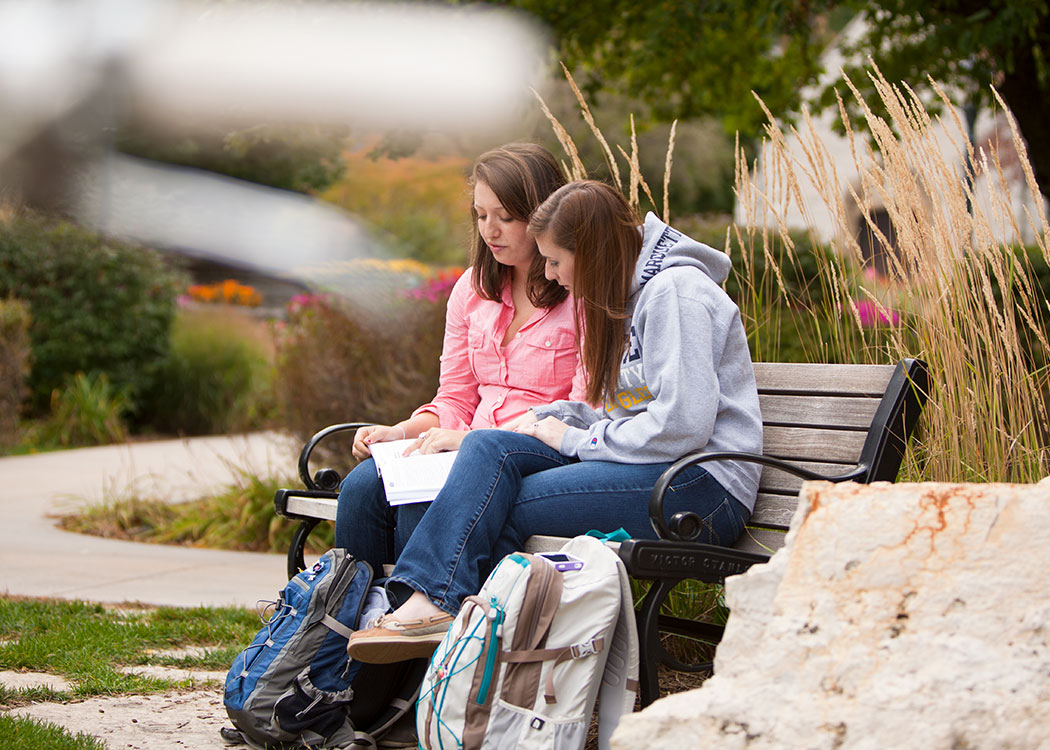Marquette Global Newsletter:
November 2016
Professor Stefan Schnitzer Leads Students to Panama Over Spring Break to Study Tropical Ecology of the Rainforest

The Tropical Ecology class in Panama over Spring Break 2016.
While Marquette steadily approaches another chilly Wisconsin winter, a select group of 10 students have their sights set on a warmer destination for next semester. That’s when they’ll participate in a class, Tropical Ecology, BIOL 4930, that allows biology students to study, experience and understand the ecology of the tropical rainforest first-hand in Panama.
Students begin by attending class on campus in Milwaukee to learn the key ecological aspects of the tropical rainforest and create a research proposal through data analysis. The pinnacle of the class is a trip to Panama City during spring break, for hands-on experience in the tropical biome of the rainforest.
The course is led by Dr. Stefan Schnitzer, a professor and ecologist with extensive experience working with tropical rainforests in Panama. Schnitzer first began working in the Panamanian rainforest while earning his graduate degree, and started bringing students to study there about 15 years ago. The integrative class experience is something that Schnitzer began at UW-Milwaukee and brought to Marquette in 2015.
The laboratory and research experience takes place at Barro Colorado Island in Panama, part of the Smithsonian Institute where Schnitzer is a research associate. The Smithsonian has been studying topics such as forest types and rainfall patterns in the area for over 100 years. As the geographical “bridge” that connects the northern and southern hemispheres, Panama offers some of the best opportunities for tropical research, according to Schnitzer. It is widely regarded as a global hotspot, and possibly the most famous spot in the world for tropical ecology, drawing the attention of many researchers.
“It probably has the highest number of PhDs per capita,” Schnitzer jokes of the small town where many of the scientists live. “It all gets leveled out when you see a world-renown ecologist in shorts, though. We all look pretty dorky in shorts.”
In addition to experiencing a world-renowned research lab in an area rich in ecological opportunities, Marquette students are able to gain international experience, something they may otherwise overlook while completing a degree focused on scientific research. For ecology especially, Schnitzer says, scientific research has implications and effects on a global scale.
“National boundaries are not ecological boundaries,” states Schnitzer, and this could not be more pertinent in the case of tropical rainforests. Tropical rainforests store a massive amount (around 250 billion tons) of the Earth’s carbon, play a role in maintaining the global climate, and hold around 50 percent of terrestrial biodiversity.
Not only is Panama an ecologist’s dream, but it is also a place rich in culture. Schnitzer emphasizes that this aspect of the trip is important for the students to experience as well as the ecological research and observation.
Marquette students are able to interact with and learn from Panamanian researchers and scholars as well as indigenous peoples of the area who have grown up with the rainforest and understand it from a different perspective. Intercultural research such as this allows for a collaboration of global perspectives and cultures, leading to an enriched mutual understanding of the rainforest itself.
Learn more about the tropical ecology program through the Biological Sciences Department. For a list of other study abroad opportunities, visit our webpage.

